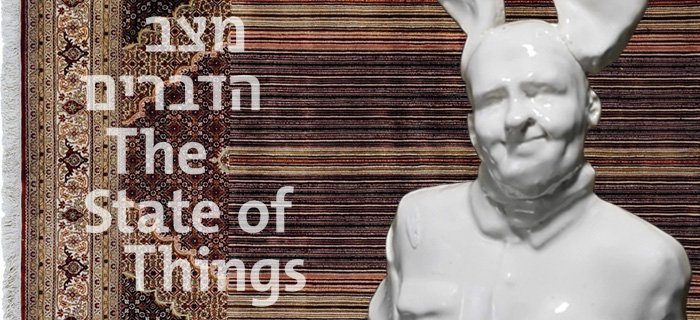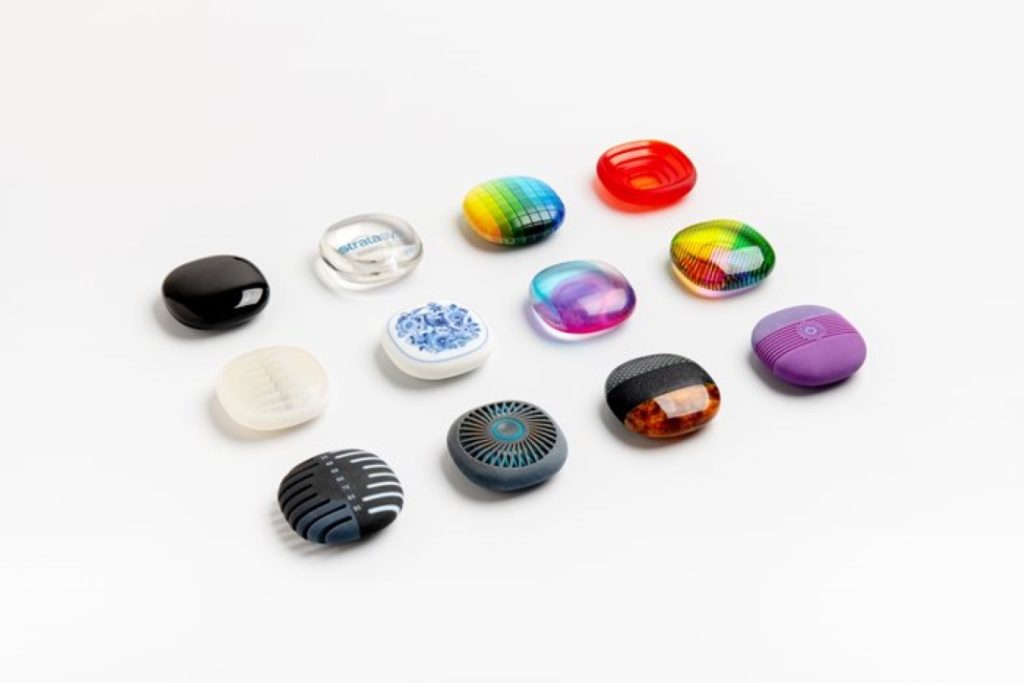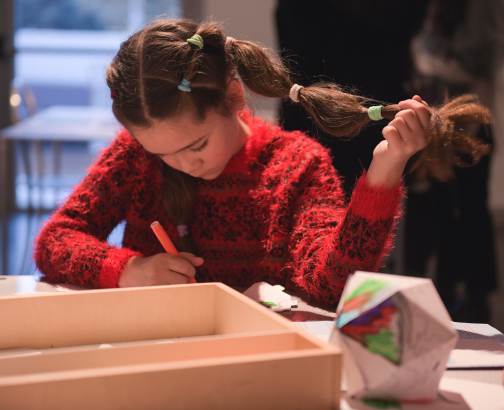The Museum has launched a unique project as part of the “Free Wheel” exhibition: Bicycle Hospital places emphasis on community and social involvement coupled with doing for others.
Students from schools in Holon repair, design, and donate dozens of bicycles to the city’s residents
Why bicycles? Most of us have an old bicycle in the shed or a side room that used to belong to a boy or girl who has since grown up (and in the best-case scenario we purchased an electric bicycle for them in the spirit of the times). These old bicycles are usually no longer in use and suffer from punctures, faulty handbrakes, or broken pedals. Whether attempts were made in the past to repair them or not, they were eventually forgotten and abandoned.
In a parallel universe not far from here there are a great many children from families that do not have the means to purchase a bicycle. These two basic facts led to thinking about the need to create the Convalescent Home for Bicycles project. The idea was to form a connection between the Museum and the community in Holon, to enable children to take part in a project that expresses doing for others through design activity and sustainable social and community thinking.
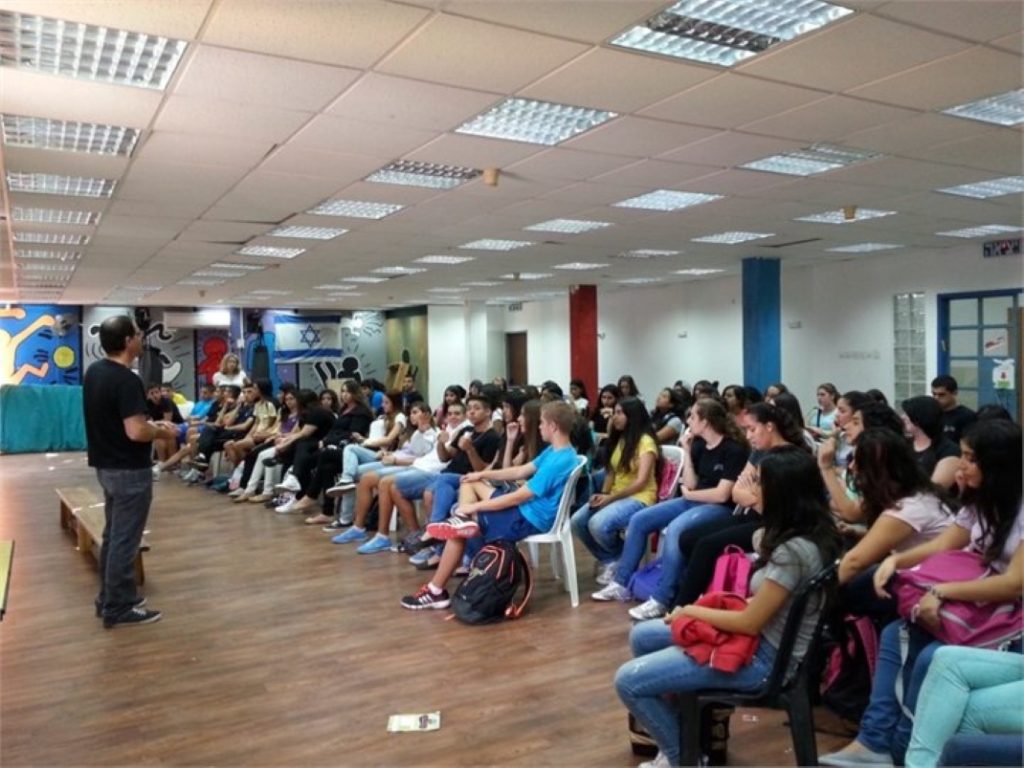
So how do we do it? First, the Museum’s education department staff approached school principals and invited them to take part in the Convalescent Home for Bicycles project. The idea was presented lucidly and concisely: each school will collect bicycles donated by the students, and on a specific day, in the course of five hours, the bicycles will be repaired, refurbished, painted, and undergo a general ‘facelift’ to make them suitable for giving to other children.
Six secondary schools took up the challenge: Campus Kiryat Sharett, Herzog Regional High School, the Six Year Eylon High School, Kugel High School, the Golda Meir Middle School, and Ort High School Holon.
In each of the schools the principal chose one class to participate in the project.
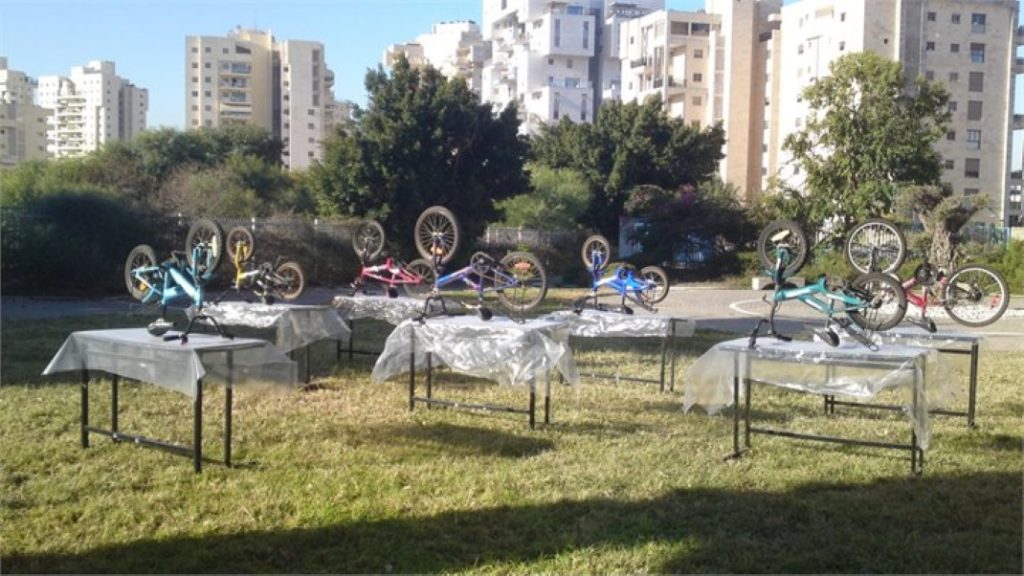
Step by stepThe Museum staff went to the six schools to present the project in a one-hour session with the students, during which they created awareness to the social-design subject. A homeroom teacher led the project in each of the schools, and formed the group of students chosen to execute the repairs.
The students then collected the bicycles, a total of about sixty bicycles suited for children aged 4-12, which were stored in the schools until the appointed day.
We went to the schools to assess the technical needs for the repair and refurbishment of the bicycles, and subsequently purchased inner tubes, pedals, brake cables, saddles, chains, and even wheels to replace parts that were broken, corroded, or damaged following accidents.
On the appointed day, the Museum’s instruction staff, a professional, and the students gathered in a dedicated area. The students were divided into groups, and worked at different stations according to the repairs and refurbishing the bicycles needed. In addition to the repairs and refurbishment, some of the students also designed accessories and ‘safety windmills’ for the bicycles.
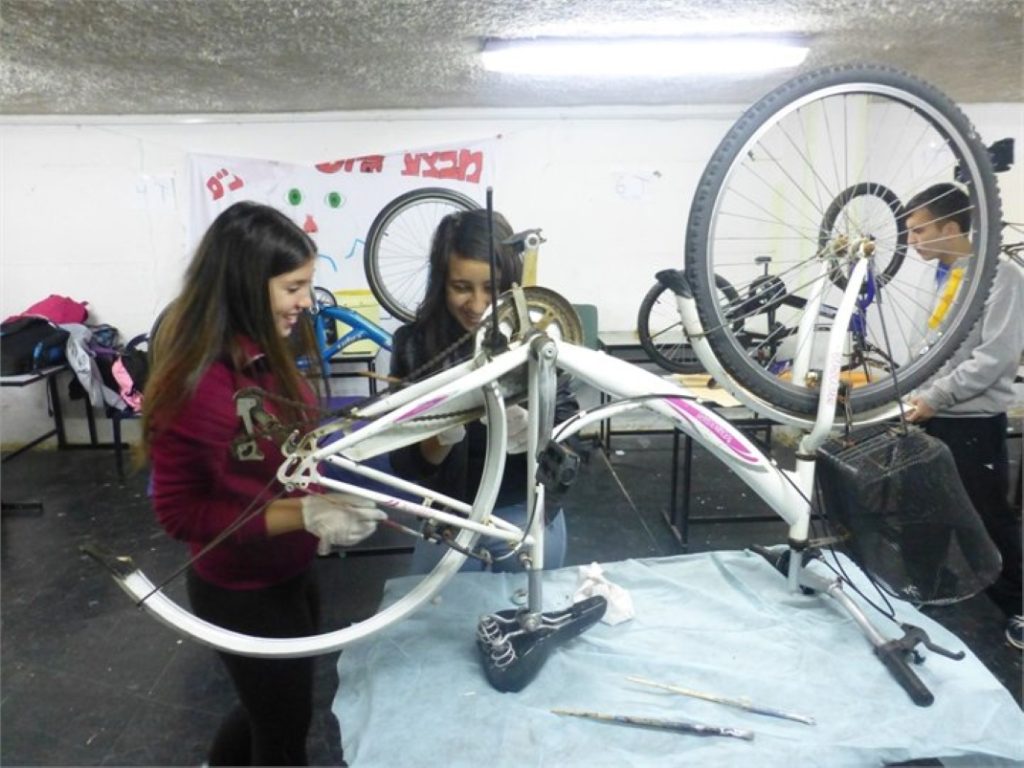
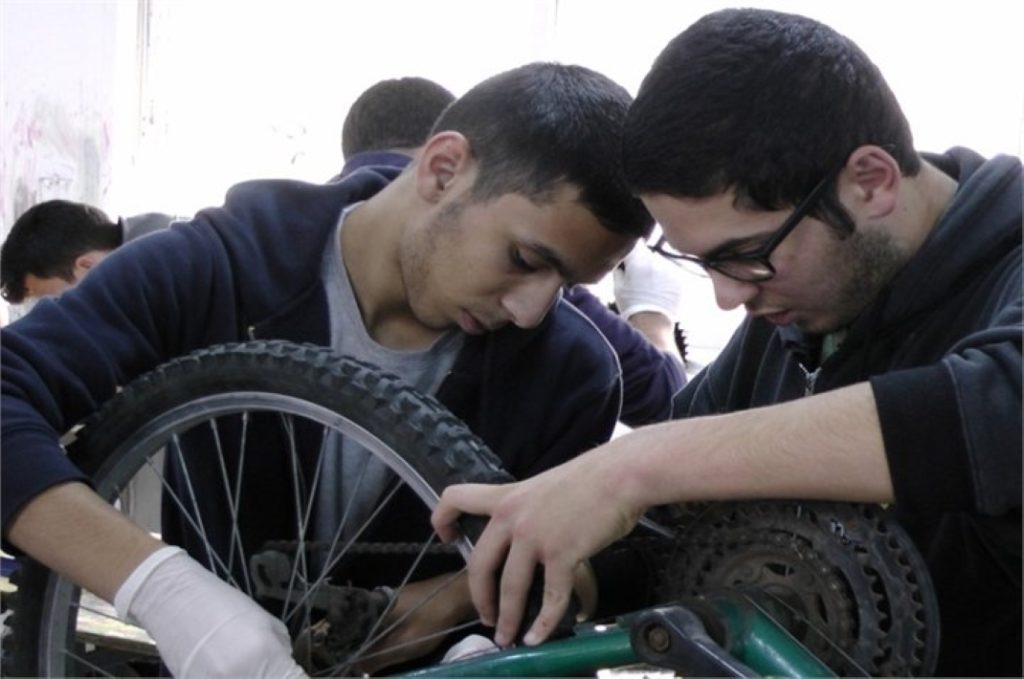
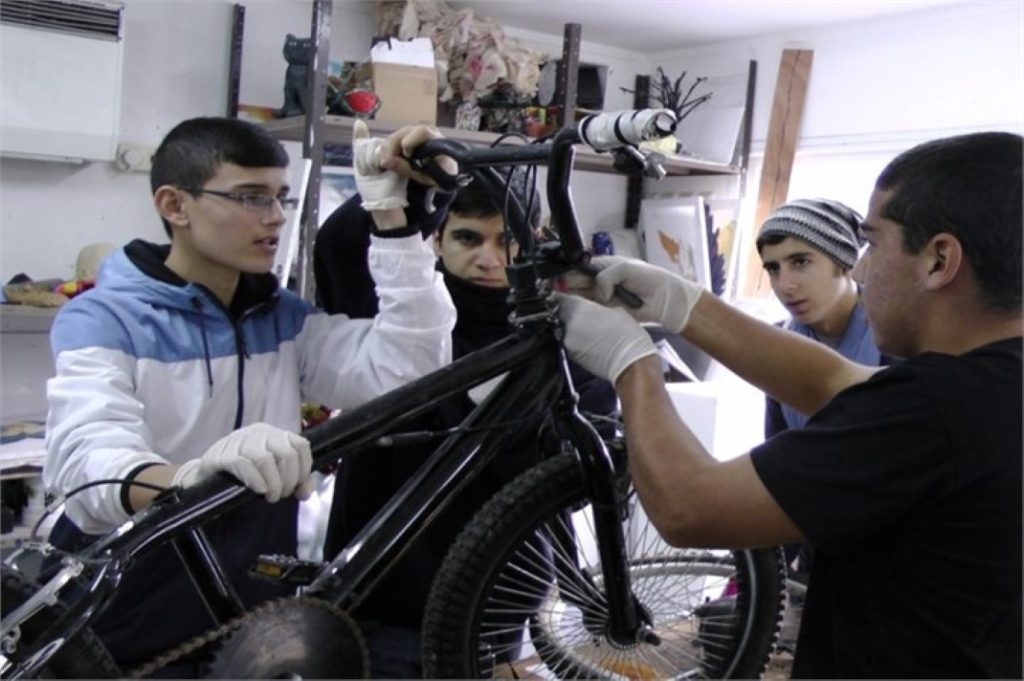
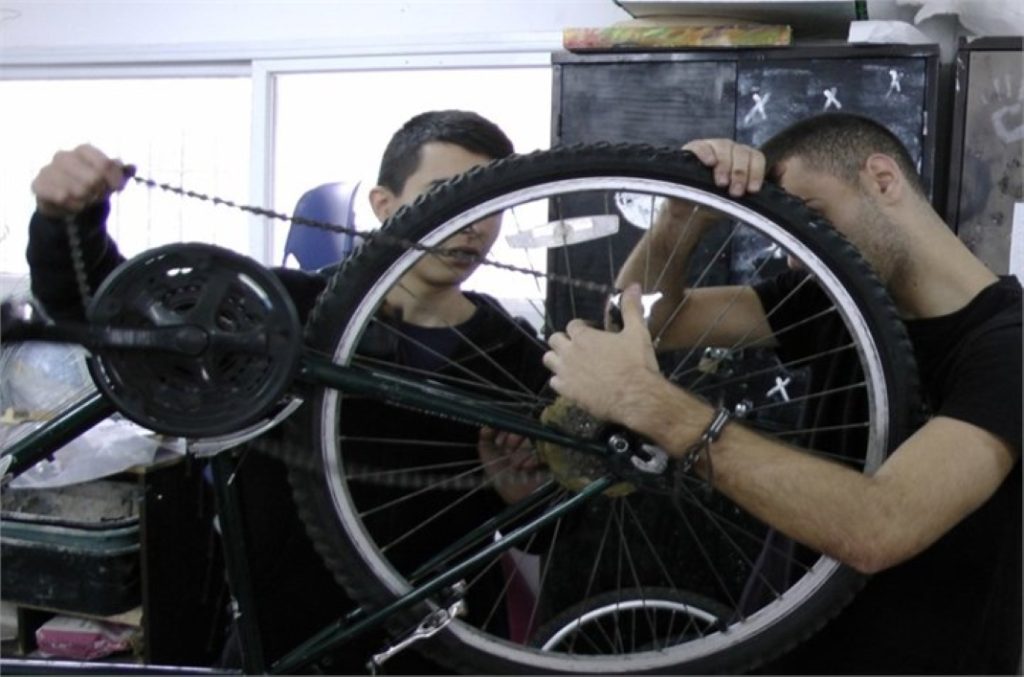
Closure: On Friday, December 27, an event was held at the Holon Mediatheque and Design Museum complex to conclude the project.
The students, donors, and the instruction staff who participated in the project toured the bicycle exhibition at the Museum under the guidance of the Museum’s instruction staff.
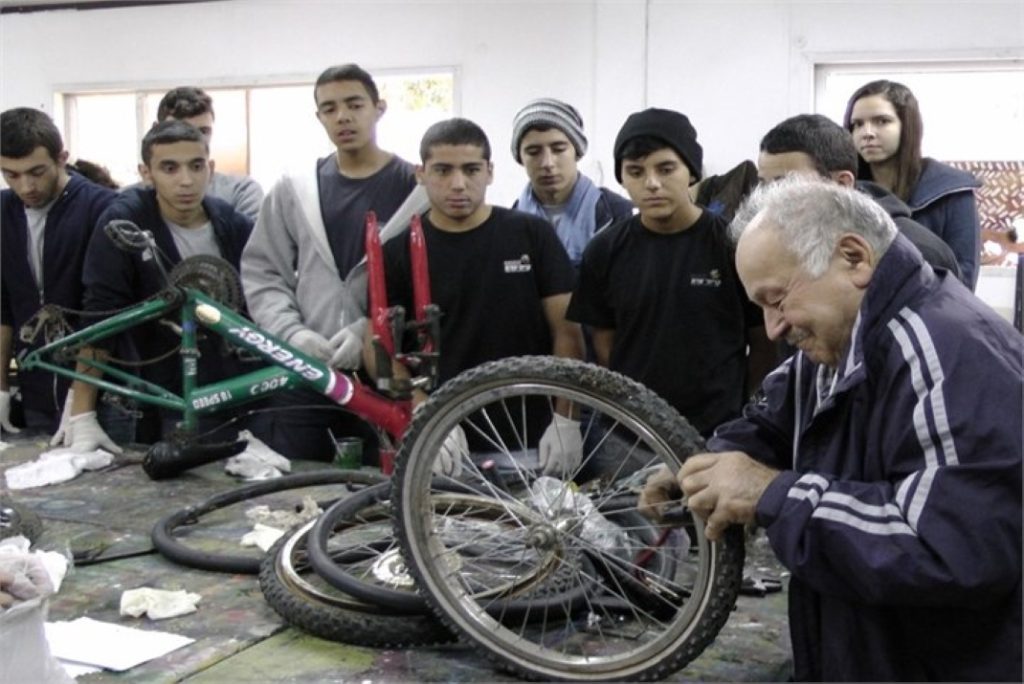
The tour was followed by a concluding ceremony during which the bicycles were presented to the Holon Municipality’s Welfare Administration. Some ten bicycles were placed on the stage as a kind of ‘introductory lesson’ and to strengthen the participants’ ‘esprit de corps’.
The work process and the products in each of the schools were presented during the ceremony, and speakers at the ceremony included Galit Gaon, chief curator at Design Museum Holon, Galit Binet, director of the Culture Basket-Performing Arts Unit at the Holon Municipality Education Administration, whose office co-funded the project with Holon Mediatheque and the Museum, and Revital Argov, deputy director of the Holon Municipality Welfare Administration.
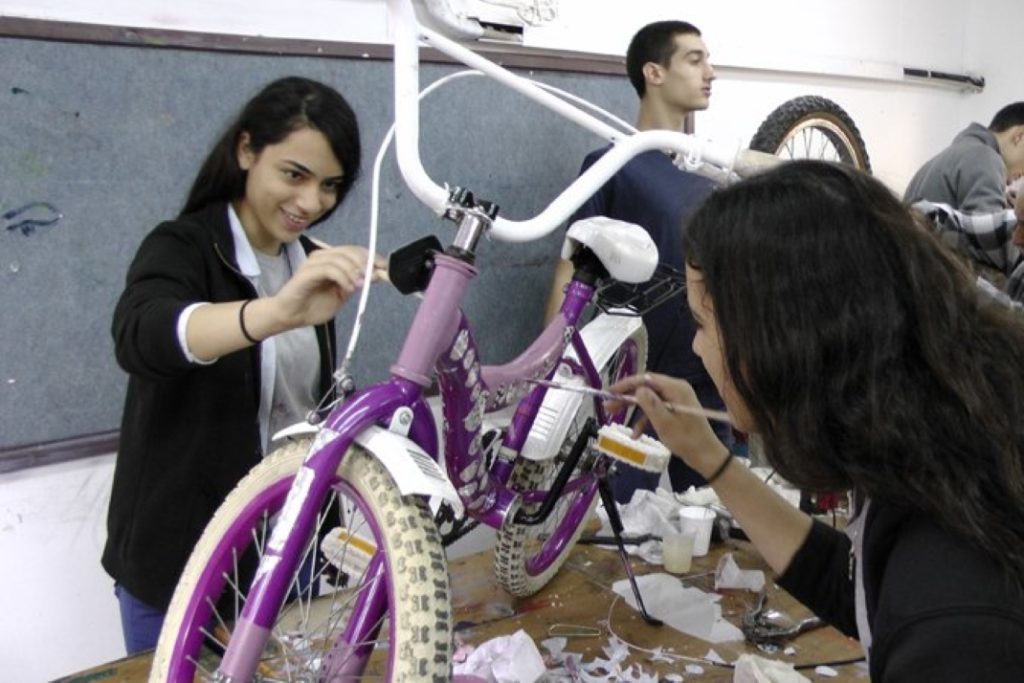
At the end of the ceremony, certificates of merit were awarded to the donors, the participating students and teachers, and the school principals. A special certificate of merit was awarded to Mr. Uri Yedidya, an expert bicycle mechanic and owner of a longstanding bicycle shop in Holon, who devoted time to come to the appointed bicycle repair days at the schools, and carried out repairs on the bicycles.
After the ceremony, Premium Rush was screened for the students, a film about the adventures of bicycle couriers in New York City.
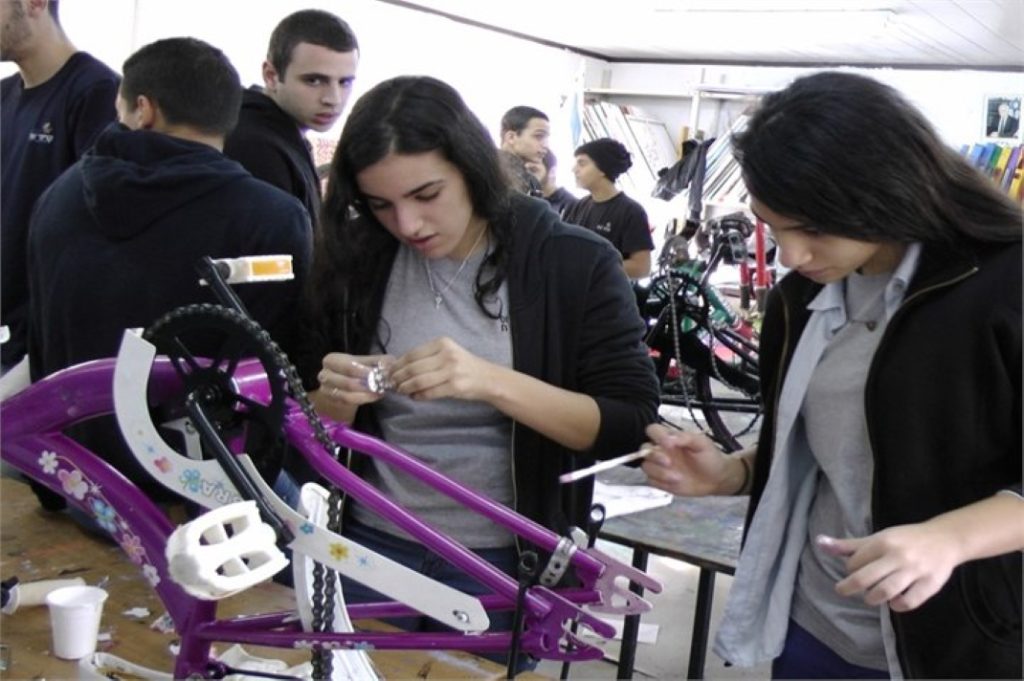
What next? In the course of January 2014 all the repaired and refurbished bicycles will be handed over to representatives of the Holon Municipality Welfare Administration, who will deliver them to families all over the city in need of a bicycle.
More than love causes giving, love is caused by giving… (Rabbi Eliyahu Eliezer Dessler)
